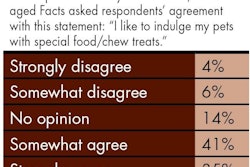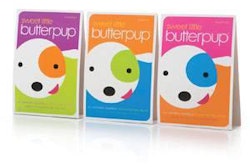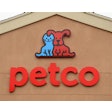In its most literal sense, the term "humanization" means to take a non-human creature or object and try to make it human. "To portray or endow with human characteristics or attributes" is the first definition on TheFreeDictionary.com.
When it comes to pets and, specifically, petfood, I have never considered the use of "humanization" to be interpreted that literally, and I suspect that is the case for most petfood manufacturers and professionals who follow the market. To me, humanizing pets means treating them like human family members, which we all know is exactly what pet owners have been doing for more than a decade now, at least in more developed pet markets around the world.
But some people seem to think our industry is jumping on the humanization bandwagon in a literal sense and treating pet owners as dupes in the process. In the November issue of the Whole Dog Journal, editor Nancy Kerns takes to task a recent blog post I wrote on humanization, along with other examples of industry usage of the word. Her basic message is that humanization is an "industry insider" term that petfood companies and analysts don't dare use "in front of the shills -- sorry, consumers -- themselves. Petfood companies don't make shelf displays that proclaim, 'Now designed to appeal to your appetite, you silly dog owner!' even if that's exactly what they are doing," Kerns writes.
Really, is that what you are doing? Or are you simply responding to the pet-owning market's needs and wants to care for their pets as well as they care for human family members (or, let's face it, sometimes better for the pets) and feed them healthy, high-quality food to meet their nutritional needs, just as they do for their human family members?
Consumers are educating themselves more and more about healthy nutrition, functional ingredients and similar aspects of well-being for themselves; and dedicated pet owners are doing the same for their pets. Kerns interprets my blog post as describing "petfoods that are made to appeal to human appetites," and again, in the most literal sense, I suppose products that include fruits, vegetables and functional ingredients have that appeal. But I contend the main reason petfood companies include such ingredients in their products is because research has shown that many of them meet the unique nutritional needs and contribute to the well-being of dogs and cats.
Of course, not all such ingredients have research to back up their benefits to dogs or cats -- so yes, in many of those cases, including them in a petfood product and, especially, emphasizing their inclusion on the packaging and in promotional materials may be purely marketing. But that doesn't mean manufacturers employing that strategy consider pet owners "shills"; rather, they are responding to many pet owners' professed desire to feed their pets fresh, wholesome food.
Nearly everyone who works in this industry is a pet lover and owner, too, so viewing pet-owning consumers as ignorant and easily duped would not only feel completely foreign to them; they also know it would be a bad business strategy in this day and age of the informed consumer. In fact, I question whether Kerns gives her readers and other dog owners enough credit when she writes that petfood companies presume dog owners will buy a food because its ingredient list sounds delicious or its package makes the food look tasty: "But the truth is, it's proving to be simple to manipulate consumers by doing just that."
She ends her column by noting that using ingredients that "sound like real food items" ... "shouldn't be a marketing strategy; it should be a basic pet care precept." I would argue that it can be both and benefit petfood manufacturers, pet owners and pets all at once.

















